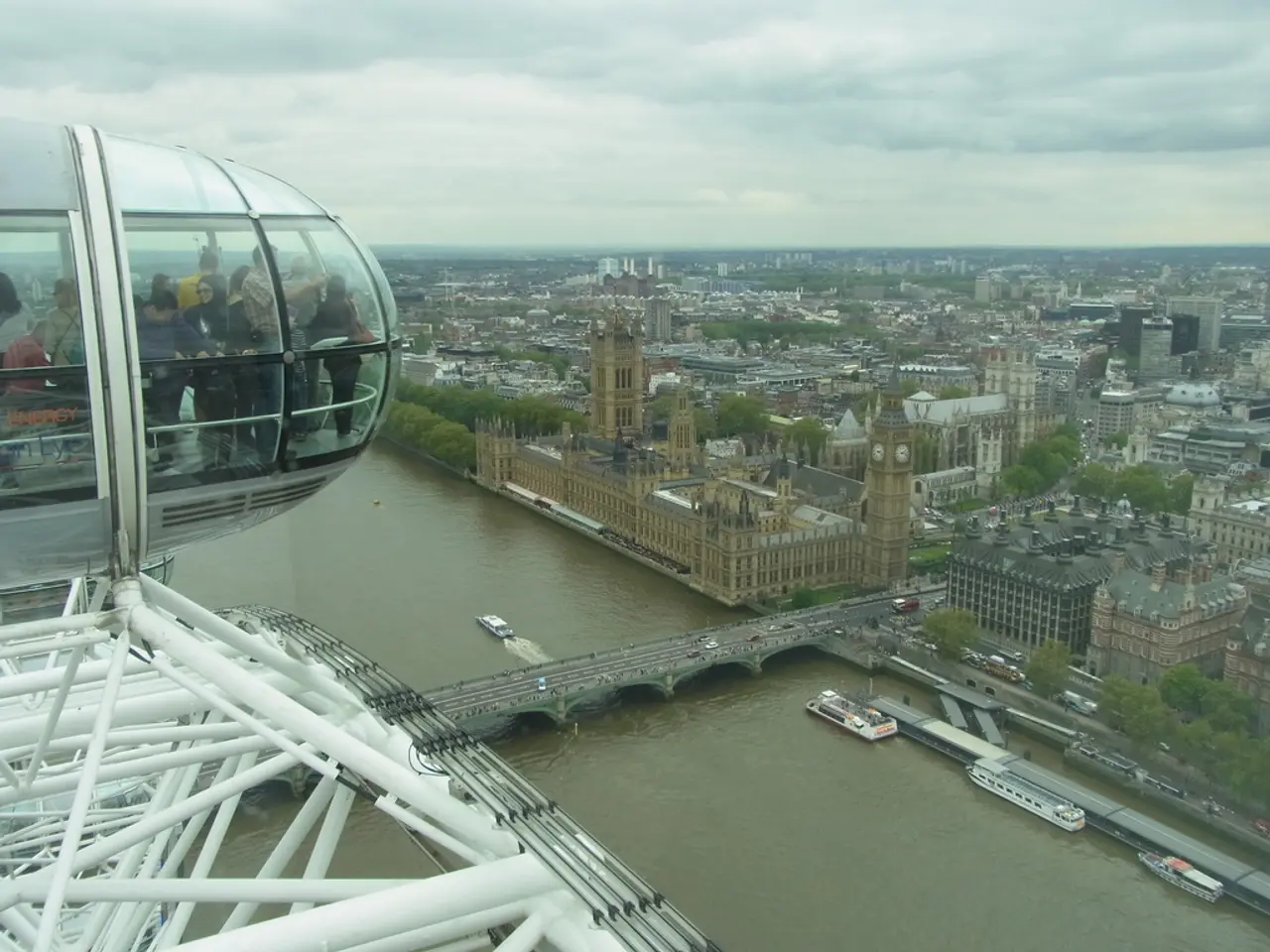Agreement Reached in London: Historic Treaty Finalized
The **UK-Germany Bilateral Friendship and Cooperation Treaty**, signed on July 17, 2025, in London by UK Prime Minister Keir Starmer and German Chancellor Friedrich Merz, marks a significant milestone in the relationship between the two countries[1][3][4]. This 27-page agreement, covering 17 priority projects, is intended to reset and deepen bilateral relations, particularly following Brexit.
The treaty addresses several key areas, including defense, foreign policy, economic cooperation, migration, and civil society, establishing a new legal and cooperative framework for decades to come[4]. One of the notable aspects of the treaty is the facilitation of travel between the UK and Germany. It includes provisions to ease educational exchanges, making it simpler for schoolchildren and students to visit each other's countries. It also touches on smoother travel for business visitors, with plans to make it easier to register for UK e-gate entry for Germans[1][3].
The treaty also aims to enhance cooperation on managing illegal migration. It sets a legal framework for collaboration on migration issues, intending to improve bilateral coordination on migration flows and associated border controls, although exact operational details are not fully public yet[1][4].
The treaty also includes a commitment to support cultural ties with initiatives such as youth summits, business forums, and improved transport links, like a direct train line between London and Cologne[3]. It also emphasizes strategic alignment on foreign, defense, and economic policies, signaling a shared outlook on European strategic autonomy[3].
Notably, the treaty includes a commitment to work together to limit global warming, as per the Paris Climate Accords. However, the sources do not provide explicit details on climate action provisions directly within the treaty text[2][4].
The treaty is hailed as the most significant UK-Germany bilateral agreement since 1945, marking a "historic day" for German-British relations by creating a robust foundation for cooperation across multiple domains, including migration control, travel facilitation, and addressing global challenges potentially including climate action[1][3][4].
References: [1] BBC News (2025). UK-Germany sign landmark treaty in London. [online] Available at: https://www.bbc.co.uk/news/uk-62892073
[2] The Guardian (2025). UK-Germany sign treaty to strengthen ties after Brexit. [online] Available at: https://www.theguardian.com/politics/2025/jul/17/uk-germany-sign-treaty-to-strengthen-ties-after-brexit
[3] Deutsche Welle (2025). UK-Germany sign landmark treaty in London. [online] Available at: https://www.dw.com/en/uk-germany-sign-landmark-treaty-in-london/a-62892073
[4] The Telegraph (2025). What does the UK-Germany treaty mean for Britain? [online] Available at: https://www.telegraph.co.uk/politics/2025/07/17/what-does-uk-germany-treaty-mean-britain/
The UK-Germany Bilateral Friendship and Cooperation Treaty, signed in 2025, signifies a shared commitment to work together on various policy-and-legislation areas, including foreign policy, economic cooperation, and migration management, as indicated in the agreement. Furthermore, this treaty also demonstrates a joint politics stance, particularly in relation to European strategic autonomy and addressing global challenges such as climate action.








